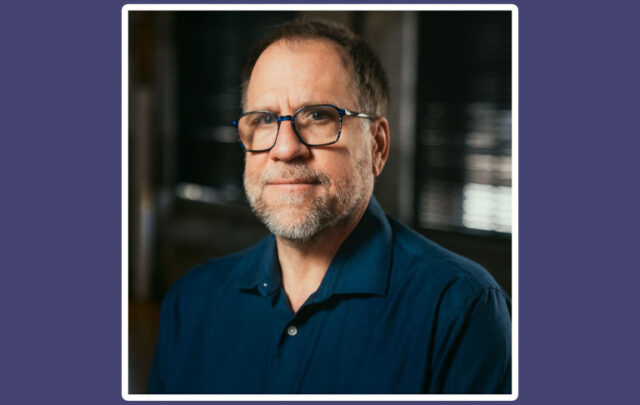
In the economics classroom here at Schumacher College, we are drawing on the thinking of Otto Scharmer, exploring the three great divides that characterise the times in which we live: separation of self from self (spiritual/cultural alienation); self from others (social divide); and self from the more-than-human world (ecological divide).
Today, the enquiry is on the self-from-others divide, with a strong focus on trends in, and the impact of inequality. Graphs and statistics aplenty as we unpick the complexity of the various trends: Kuznets curve, Gini co-efficients, Palma curves. We explore contradictory trends in the gap between rich and poor across regions and historical periods, seeking out patterns and empirically valid conclusions that may be drawn from them. Picketty rubs shoulders with Friedman.
Trying to disentangle the various assumptions and theoretical frameworks that account for such wildly differing interpretations of the achievements of the just-ended Millennium Development Goals (MDGs). Examining different theories by which we can evaluate the appropriateness and likely success of the newly-launched Sustainable Development Goals.
So far, so good. This looks and feels like an exemplary exercise in the study of heterodox economics of just the sort that economics students around the world have been demanding in ever more strident terms in recent years. Multiple perspectives are opened for exploration and the pretence that there is one single, value-free, objectively correct position is abandoned. We are deep into the realm of values.
And then, we observe that we have spent the entire day talking about inequality and its impacts. There is a general consensus that while we are intellectually stimulated by the material, in some sense perhaps cleverer, we have not been moved by it.
I share that despite having worked in development in Africa for more than a decade and a half, it was not until I had moved into other work away from Africa and had become a father myself that child poverty really moved me – often to tears. This was because fatherhood brought me a deeply embodied understanding of the pain of a parent unable to protect and nurture his children. What had previously been an abstract concept, much employed by development workers like me in funding proposals – a problem to be solved – had become a powerful source of deeply-felt empathic identification. It made me a more engaged and compassionate man.
So, we go in search of this kind of empathic identification, using an exercise adapted from one shared by wise elder and educator, Joana Macy. The students are invited to reflect on a current specific scenario of separation and conflict between people: the migrant crisis lapping at Europe’s borders, the plight of migrant workers on agri-business plantations or sweat-shops……….. Then, within small groups of three, each student in turn is invited to speak from within their chosen scenario for two minutes in each of four different voices: their own heart’s response to the scenario; the perspective of someone suffering within it; the perspective of an ‘antagonist’, someone who is contributing to or supporting the oppressive dynamic; and finally, the perspective of a member of an other-than-human species that is caught up in it.
The tone of the class changes at once as we are collectively transformed from being students of and spectators to the phenomenon of poverty and inequality to, at an imaginative level, participants within the system. For myself – and I interpret a similar shift within most of the students – it suddenly matters. A new level of empathic caring has opened. Having facilitated exercises like this over many years, my strong conviction is that not only does this type of learning take students deeper and make them more powerful as agents in the world, but it also tends to be much longer-lived; the experience of such heart-opened empathic identification long outlives all recall of the more theoretical and empirical material.
The revolution demanded by economics students around the world has focused almost exclusively on the curriculum, specifically on the need to draw on a much wider range of traditions and schools of economic thought. This is unquestionably important and is indeed a key part of our own experiment here at the college. However, the idea that replacing one set of textbooks with another is on its own going to heal the wounds of separation and alienation felt by most economics students is surely flawed.
A widening of the curriculum needs to be complemented by a revolution in pedagogy. What is required is nothing less than a reanimation of the classroom into a space in which the learning community of teachers and learners can creatively and collaboratively engage as participants within the systems we are exploring. We need to transcend our current paradigm in which cognitive, intellectual ways of knowing are privileged at the expense of all others and in which didactic methods continue to dominate. At this extraordinary moment of our history, we need a more holistic approach that engages all our faculties.





